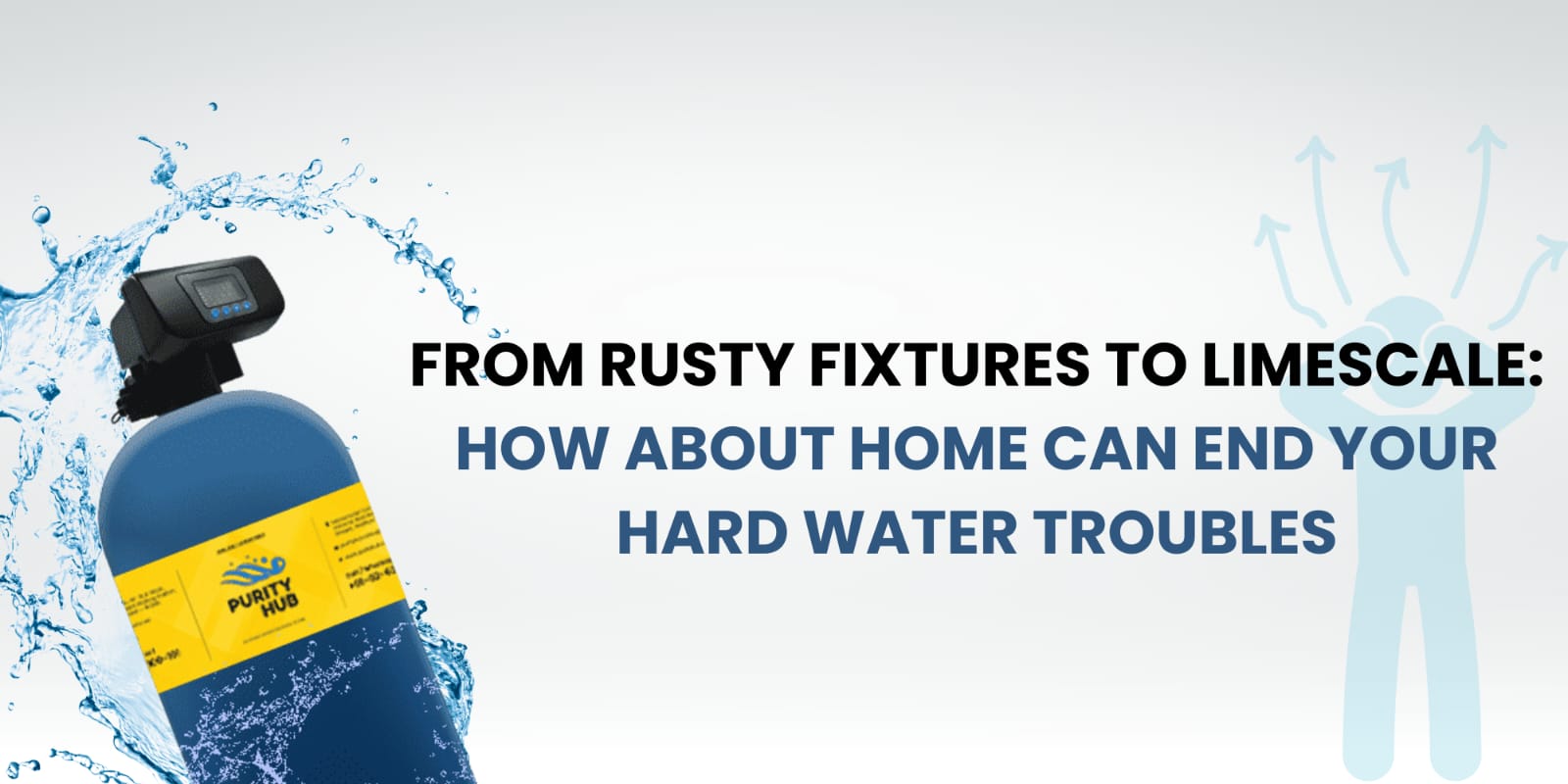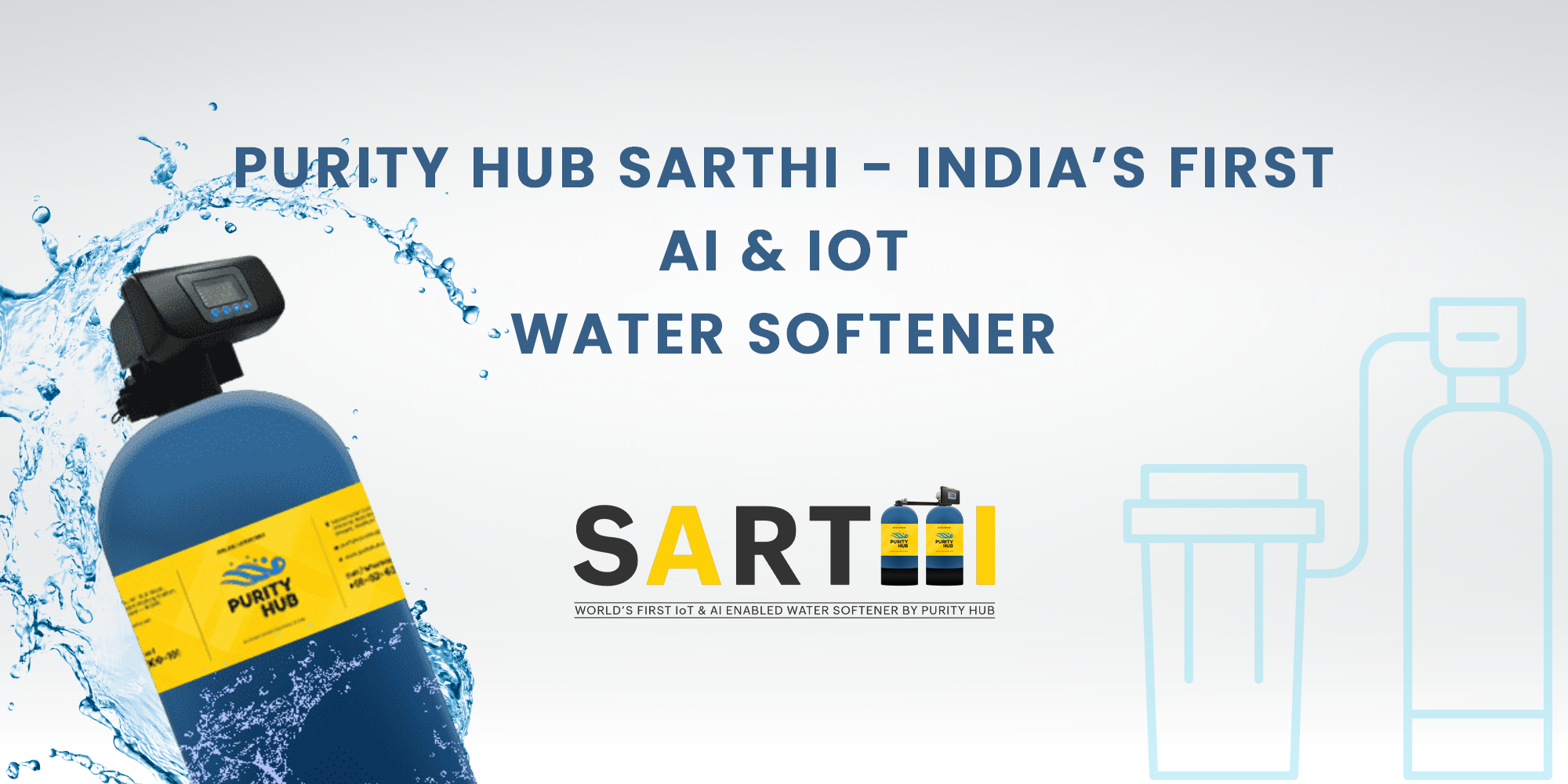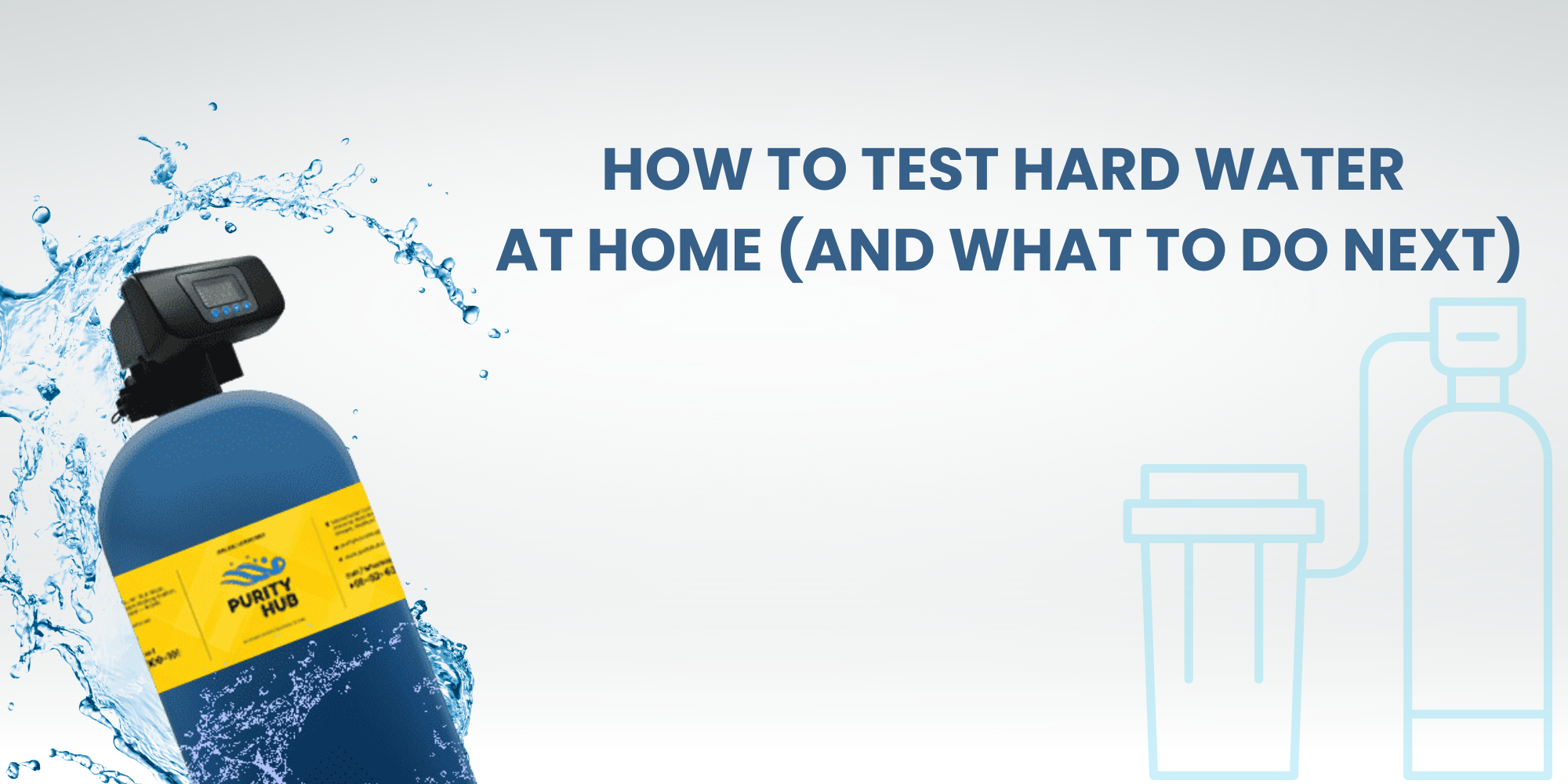
Hard water is a common problem in many households, and its effects can be frustrating and costly. From rusty fixtures and clogged pipes to limescale buildup on your appliances, hard water can impact everything in your home that uses water. But there’s good news: a water softener can effectively solve these issues and provide long-lasting benefits. In this blog, we'll explore how installing a water softener for home can eliminate hard water troubles and improve your home’s water quality.
Understanding Hard Water
Hard water is water that contains a high concentration of minerals like calcium and magnesium. While these minerals aren’t harmful to health, they can cause a range of problems in your home. When hard water passes through your plumbing system, the calcium and magnesium deposit in pipes and on surfaces, leading to rust, limescale, and reduced water flow.
Over time, the buildup of these minerals can damage appliances, cause inefficiency in water heaters, and leave unsightly stains on fixtures. This is where a water softener comes into play.
What is a Water Softener?
A water softener is a device that removes the minerals responsible for hard water by using a process called ion exchange. In this process, the water softener swaps calcium and magnesium ions in the water with sodium or potassium ions, effectively reducing the hardness of the water.
When you install a water softener for home, it treats the water at the point it enters your plumbing system, ensuring that all the water in your home is softened. This means every faucet, shower, and appliance benefits from soft water, extending their lifespan and reducing the amount of cleaning and maintenance required.
The Benefits of a Water Softener for Home
Prevents Rusty Fixtures and Stains One of the most visible signs of hard water is the rust and discoloration it leaves on fixtures, faucets, and sinks. Over time, hard water can cause unsightly stains on your sinks, bathtubs, and showers due to mineral deposits. A water softener eliminates these minerals, keeping your fixtures rust-free and easier to clean.
Protects Your Plumbing System Hard water causes limescale to accumulate inside pipes, restricting water flow and increasing the likelihood of clogs. This not only reduces water pressure but can also cause pipes to corrode over time. Installing a water softener for home prevents limescale buildup, extending the life of your plumbing system and reducing costly repairs.
Prolongs the Life of Appliances Household appliances that use water—such as dishwashers, washing machines, and water heaters—can be significantly impacted by hard water. Limescale buildup in these appliances can reduce their efficiency and lead to frequent breakdowns. A water softener helps protect your appliances from these issues by preventing mineral deposits from forming, thereby prolonging their lifespan and improving their efficiency.
Reduces Energy Costs Appliances that are free from limescale run more efficiently, which in turn reduces energy consumption. For example, a water heater operating with hard water may have to work harder to heat the water due to the buildup of minerals inside the tank. By using a water softener for home, your water heater will operate more efficiently, potentially lowering your energy bills.
Improves Skin and Hair Health Hard water can leave behind residue on your skin and hair, making them feel dry and rough after showering. Soap and shampoo don’t lather as well in hard water, which can result in a sticky or slimy feeling. Soft water, on the other hand, allows soap to lather properly, making your skin and hair feel cleaner and softer. A water softener can help improve the quality of your showers, leaving you with smoother skin and shinier hair.
Saves on Cleaning Products Hard water requires more soap, shampoo, and detergent to create lather because the minerals in the water interfere with their effectiveness. A water softener for home solves this problem by improving the water’s ability to mix with these products. As a result, you’ll use less soap and detergent, which can save you money in the long run.
Prevents Limescale Buildup on Appliances If you’ve ever noticed white, chalky deposits on your kettle, dishwasher, or faucets, you’re dealing with limescale—one of the most frustrating consequences of hard water. Over time, limescale can coat heating elements, reducing the efficiency of your appliances and even causing them to break down prematurely. A water softener prevents limescale from forming, ensuring that your appliances function smoothly and last longer.
How a Water Softener Works
A water softener for home is typically installed at the point where water enters the house, treating the water before it flows through your plumbing system. The softener contains a resin tank filled with small resin beads that are negatively charged. As hard water passes through the resin tank, the positively charged calcium and magnesium ions in the water are attracted to the beads and replaced with sodium or potassium ions.
The process of ion exchange continues until the resin beads become saturated with calcium and magnesium ions. At this point, the water softener automatically begins a regeneration cycle, during which the beads are flushed with a brine solution to remove the accumulated minerals and recharge the softener for continued use.
Conclusion
In summary, installing a water softener for home is an effective way to combat the negative effects of hard water, such as rusty fixtures, limescale buildup, and appliance inefficiency. A water softener improves your water quality by removing calcium and magnesium, protecting your plumbing, enhancing appliance longevity, and even improving skin and hair health. With its ability to reduce energy costs and minimize the need for cleaning products, a water softener offers both immediate and long-term benefits, making it a smart investment for any home dealing with hard water troubles.
If you're tired of dealing with the issues caused by hard water, it’s time to consider installing a water softener for home to enjoy soft, clean water throughout your household.



